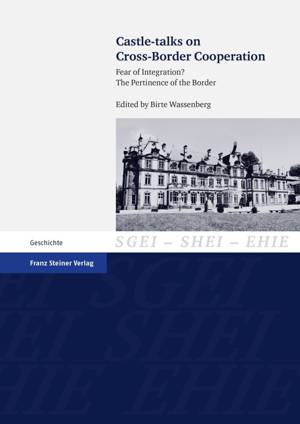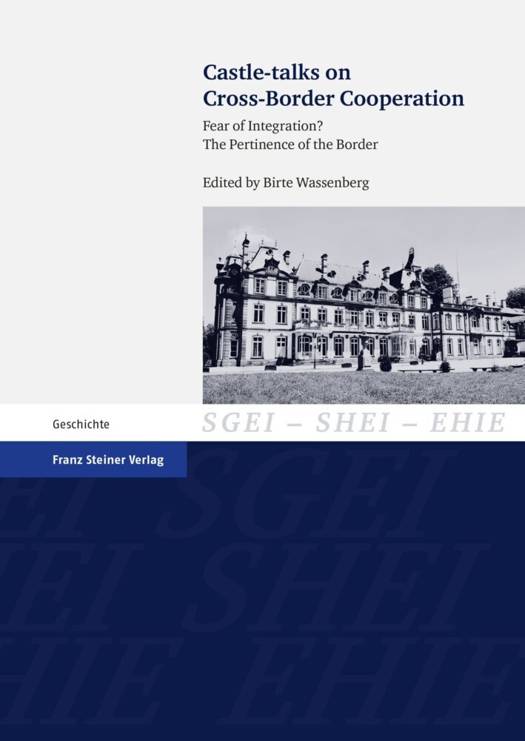
- Afhalen na 1 uur in een winkel met voorraad
- Gratis thuislevering in België vanaf € 30
- Ruim aanbod met 7 miljoen producten
- Afhalen na 1 uur in een winkel met voorraad
- Gratis thuislevering in België vanaf € 30
- Ruim aanbod met 7 miljoen producten
Zoeken
Castle-Talks on Cross-Border Cooperation
Fear of Integration? the Pertinence of the Border
€ 85,45
+ 170 punten
Omschrijving
In Europe, the Schengen crisis, spurred off by the unexpected migration flow in 2015, led to a re-questioning of the functions of "borders" in European integration. Especially the ideal of a "Europe without borders" is crumbling and the re-introduction of border controls in several EU member states not only slows down the process of European Integration, but also represents an obstacle to cross-border cooperation. One of the main consequences of this crisis is also growing euroscepticism and a new fear of integration which might even lead to the disintegration of the EU. The present publication regroups the contributions to four "castle-talks on cross-border cooperation" organized at the chateau Pourtales, in Strasbourg, between 2012 and 2016, in the framework of Birte Wassenberg's Erasmus and Jean Monnet activities supported by the European Commission. The different contributions deal with the theoretical link between borders, international relations and cross-border cooperation, by examining borders as places of cross-border governance, as gatekeepers of sovereignty and security, as "scars" of history and as places of reconciliation.
Specificaties
Betrokkenen
- Uitgeverij:
Inhoud
- Aantal bladzijden:
- 452
- Taal:
- Engels
- Reeks:
- Reeksnummer:
- nr. 32
Eigenschappen
- Productcode (EAN):
- 9783515120081
- Verschijningsdatum:
- 6/02/2018
- Uitvoering:
- Paperback
- Formaat:
- Trade paperback (VS)
- Afmetingen:
- 170 mm x 239 mm
- Gewicht:
- 756 g

Alleen bij Standaard Boekhandel
+ 170 punten op je klantenkaart van Standaard Boekhandel
Beoordelingen
We publiceren alleen reviews die voldoen aan de voorwaarden voor reviews. Bekijk onze voorwaarden voor reviews.










